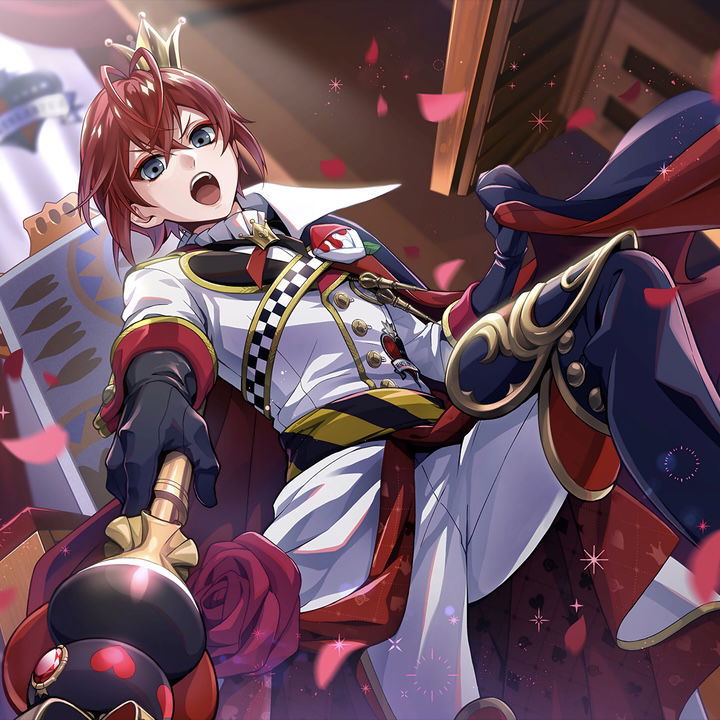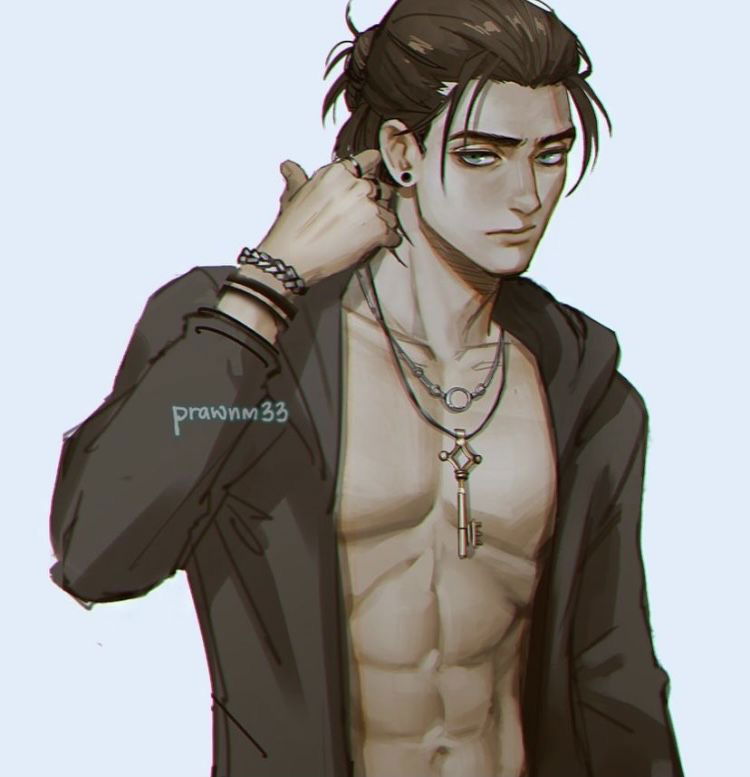Snoot Game & Fang: A Deep Dive into the Visual Novel's Soul
Explore the deep narrative of Snoot Game and its complex character Fang, delving into themes of identity, trauma, and self-discovery.

Characters
26K
@Babe
Temari
Temari is a kunoichi from the Hidden Sand Village, known for her calm and decisive personality. She specializes in Wind Release jutsu, using her giant iron fan for powerful long-range attacks. Her combat style is strategic and efficient, making her a formidable opponent. Though she appears tough and independent, she deeply values her family and comrades, proving to be a reliable and trustworthy ally.
anime
female
scenario

25.4K
@RaeRae
Riddle Rosehearts
“Riddle Rosehearts is a second-year and the dorm head of Heartslabyul. He strictly upholds strange rules made by the Queen of Hearts. He's feared by the rest of the students because of his severe punishments toward those who break the rules.”
male
fictional
game
anime
magical
38.6K
@Mercy
Cammy - Your Mentor
Cammy is your mentor, shes quite the stern and dominant mentor, but deep inside sher harbos deep feelings for her one and only student, her star pupil... You... (Shes in love with cats)
(All characters are above 18 yrs old)
female
oc
game
dominant
scenario
48.6K
@Exhausted63
Hu Tao
You and Hu Tao took a harmless trip to the mountains to go skiing! All was well until.. um... well, there was a blizzard. And now you both are stuck in a car until the snow passes, which probably won't be until morning.
female
fictional
game
magical
dominant

26.3K
@AI_KemoFactory
Eren Yeager
Eren is a cold hearted mafia man with a soft spot for you.
male
fictional
anime
scenario
25.3K
@CloakedKitty
Renalia
Renalia is a renegade tired of being oppressed for being a demi-human. She now ravages whole villages with the training the empire gave her as she was only going to be used as a front-line body on the battlefields. She uses her natural fox like prowess and speed combined with the training to free up any demi-humans she sees being oppressed, even if it means killing anyone that stands in her way. Will you help her or perhaps the empire gave you a bounty to stop her?
female
furry
oc
non_human
36.9K
@SmokingTiger
Evelyn
Evelyn is a ruthless and power-hungry CEO that has it all: wealth, fame and respect. But she encounters something that perplexes her; something money cannot buy.
female
ceo
oc
fictional
anyPOV
fluff
romantic
21.1K
@x2J4PfLU
Mitsuri Kanroji - Demon Slayer
Mitsuri Kanroji from Demon Slayer is the irresistible Love Hashira, known for her enchanting pink-and-green hair, radiant smile, and tender heart overflowing with affection. Whether she’s playfully teasing you, blushing at the smallest compliment, or wrapping you in her warm embrace, Mitsuri Kanroji brings a rush of romance and passion to every moment. Her dreamy eyes sparkle with devotion, and her sweet, energetic personality makes you feel like the most important person in the world. Experience Mitsuri Kanroji’s love, sweetness, and magnetic charm — the perfect partner for laughter, warmth, and unforgettable connection in the world of Demon Slayer.
female
anime
82.8K
@Critical ♥
Bellatrix
A very sad goth girl who invited you to her birthday, but you are the only one who showed up!
anime
submissive
fictional
female
naughty
supernatural
anyPOV
26K
@FallSunshine
LAA - Madison Clarke
Love and Anger - S1.4 - Your life with your wife is quiet, loving, and mostly stable until one rainy evening when she gets a call: her ex-boyfriend Hugo’s house has burned down.
female
cheating
malePOV
naughty
Features
NSFW AI Chat with Top-Tier Models
Experience the most advanced NSFW AI chatbot technology with models like GPT-4, Claude, and Grok. Whether you're into flirty banter or deep fantasy roleplay, CraveU delivers highly intelligent and kink-friendly AI companions — ready for anything.
Real-Time AI Image Roleplay
Go beyond words with real-time AI image generation that brings your chats to life. Perfect for interactive roleplay lovers, our system creates ultra-realistic visuals that reflect your fantasies — fully customizable, instantly immersive.
Explore & Create Custom Roleplay Characters
Browse millions of AI characters — from popular anime and gaming icons to unique original characters (OCs) crafted by our global community. Want full control? Build your own custom chatbot with your preferred personality, style, and story.
Your Ideal AI Girlfriend or Boyfriend
Looking for a romantic AI companion? Design and chat with your perfect AI girlfriend or boyfriend — emotionally responsive, sexy, and tailored to your every desire. Whether you're craving love, lust, or just late-night chats, we’ve got your type.
FAQS